"If you were the head coach, would you open a back door for your own son?" In recent days, Zheng Zhi's choice has caught the attention of countless fans, with some even exclaiming, "How did Chinese football finally produce someone who understands things!" The incident began when national team assistant coach Zheng Zhi refused to give his son Zheng Zi Yi a "secret boost" during the selection process for the elite training camp for the U-07 age group. This action not only went viral among fans but also sparked a discussion within the entire Chinese football circle about "fairness" and "principles."
Some argue, "What's wrong with helping your son? Throughout history, which sports star hasn't favored their children in some way?" However, others counter, "The national team has never been a place where one gets on the field based on family connections; this is the bottom line!" Amidst the differing opinions, Zheng Zhi firmly chose to stand on the side of professional ethics, winning the respect of fans with his actions. But, is this enough? In the context of the renewed Chinese football reforms, will Zheng Zhi's refusal to open a back door really make things better?
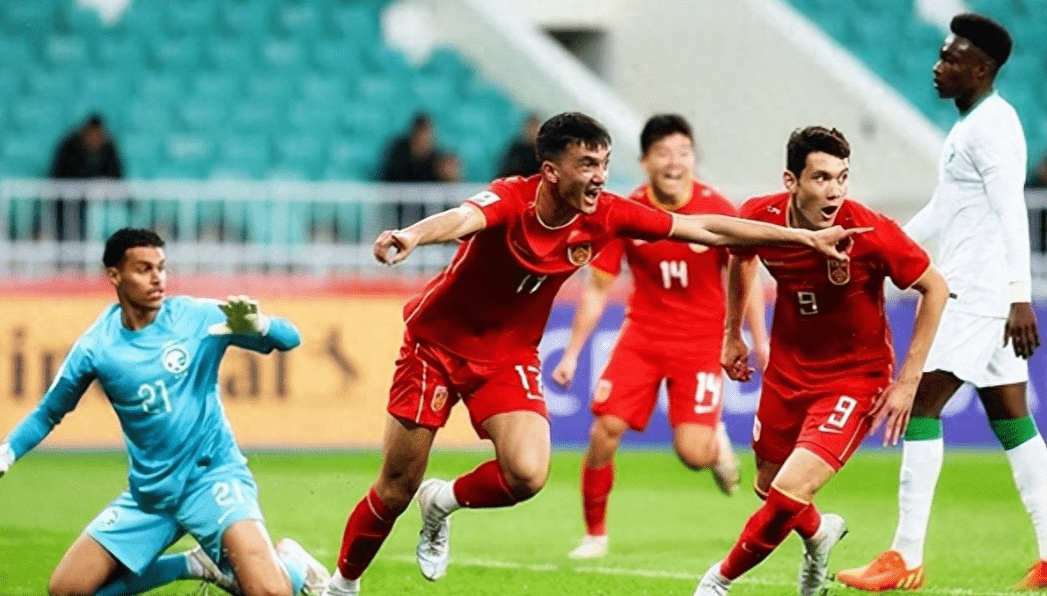
Mentioning Zheng Zhi's name, it is likely that every Chinese person who loves ball sports is familiar with him. This individual, who can be described as a "living specimen" of Chinese football, has had a career spanning several important periods, from emerging from his hometown team Shandong Luneng, to becoming famous in the English Premier League with Charlton, and later joining Guangzhou Evergrande, leaving behind countless memorable moments.
We are already well-acquainted with his achievements: ten years with Guangzhou Evergrande, winning eight Chinese Super League titles and two AFC Champions League trophies; in his national team career, he repeatedly took on the captain's armband, becoming the backbone of the midfield. Among the many voices questioning Chinese football, people have never doubted Zheng Zhi's professional attitude and dedication.

He is one of the few "trust labels" in the hearts of Chinese fans, and even after retiring for many years, many still hope that Zheng Zhi can create more value for Chinese football.
Therefore, when Zheng Zhi was appointed as the assistant coach of the national team by the Chinese Football Association in 2023, many fans rejoiced, expecting that this former on-field tactician could bring new breakthroughs from the coaching bench. However, the halo and expectations also mean pressure—not only does he have to be responsible for his own reputation, but he also shoulders the complex mission of the success or failure of Chinese football reforms.
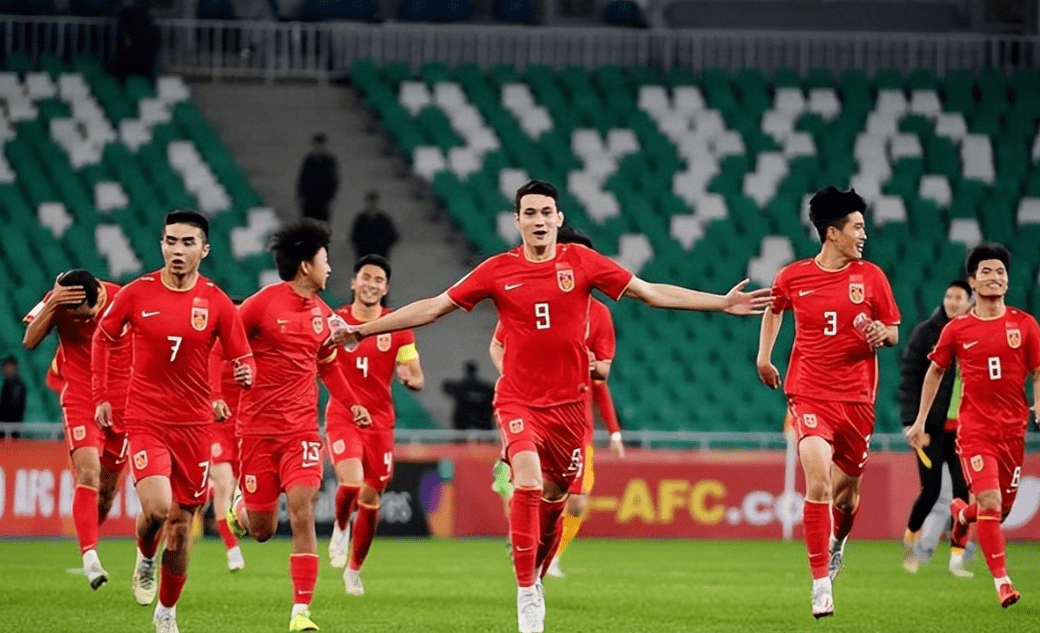
But relying solely on Zheng Zhi is far from enough; helpers are equally crucial. To strengthen the team, Zheng Zhi first recruited several old teammates from his national team and Guangzhou Evergrande days, such as versatile midfielder Huang Bowen and "striker general" Gao Lin. Those who know a little about Chinese football understand that these two names not only represent outstanding player resumes but also embody the memories of that golden era.
After retiring, Huang Bowen became an assistant coach for the Guangzhou team in the Chinese Super League, while Gao Lin transitioned into the management of Shenzhen Jiameige. This time, following Zheng Zhi as youth team coaches marks both a return and a new beginning for them. Interestingly, such a "luxurious coaching team" evokes nostalgia among many older fans: "It's all so youthful!"
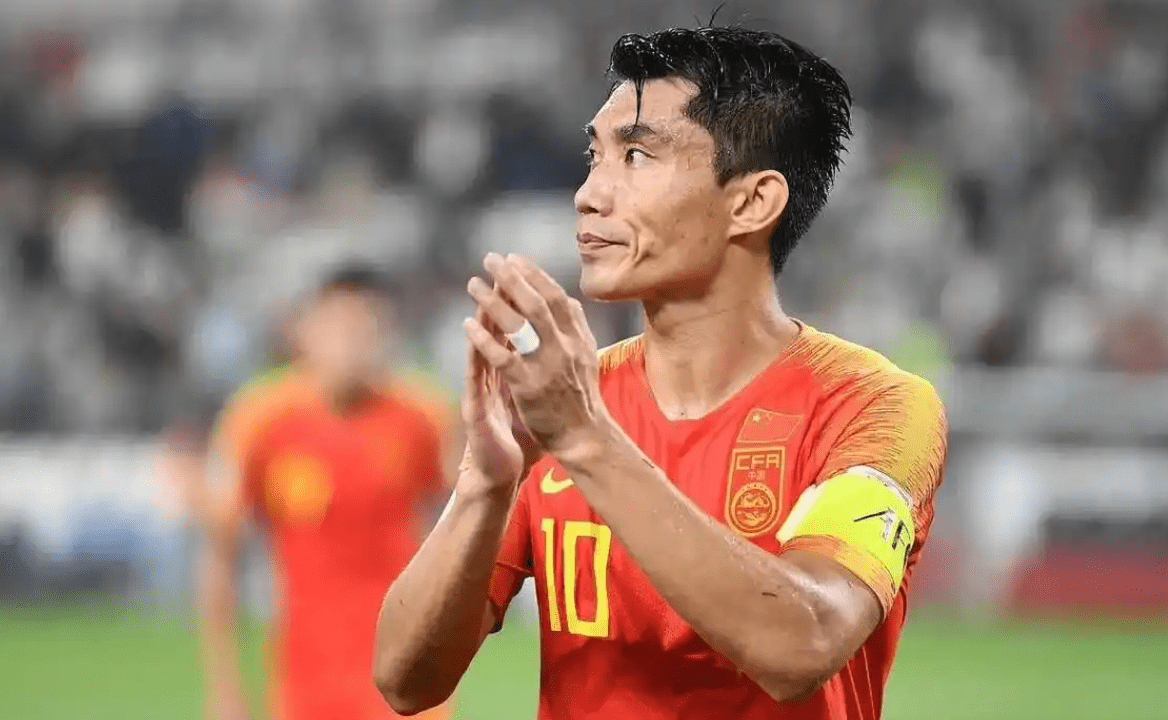
If they had been this united back then, the national team would have made it to the World Cup long ago!" Although this is said jokingly, it reflects the expectations outsiders have for them.
However, smooth sailing is not an easy feat. For these young coaches who have just transitioned from being players, they may face challenges beyond adapting to their positions, including constant external scrutiny. Especially under the strong leadership of some "veteran" coaches with impressive track records, will they truly have decision-making power? Or, can these former national team players demonstrate sufficient coaching ability during their tenure to help Chinese football find a true path forward?

Speaking of finding a path forward, we must mention another responsibility of Zheng Zhi—youth training. As the head of the elite training camp for the U-07 age group, he is busy like a firefighter, but if Chinese football truly wants to rise, this "foundation project" is of utmost importance.
In recent years, the Chinese Football Association has been active in reforming youth training: establishing local teams, promoting U-series leagues, signing overseas cooperation plans, and even examining excellent youth training systems in Asia and Europe, attempting to create a system suited to local characteristics. Although progress has been encouraging, such as China's U20 team making a rare quarterfinal appearance in Asian competitions, compared to neighbors like Japan and South Korea, our youth training results still fall significantly short.
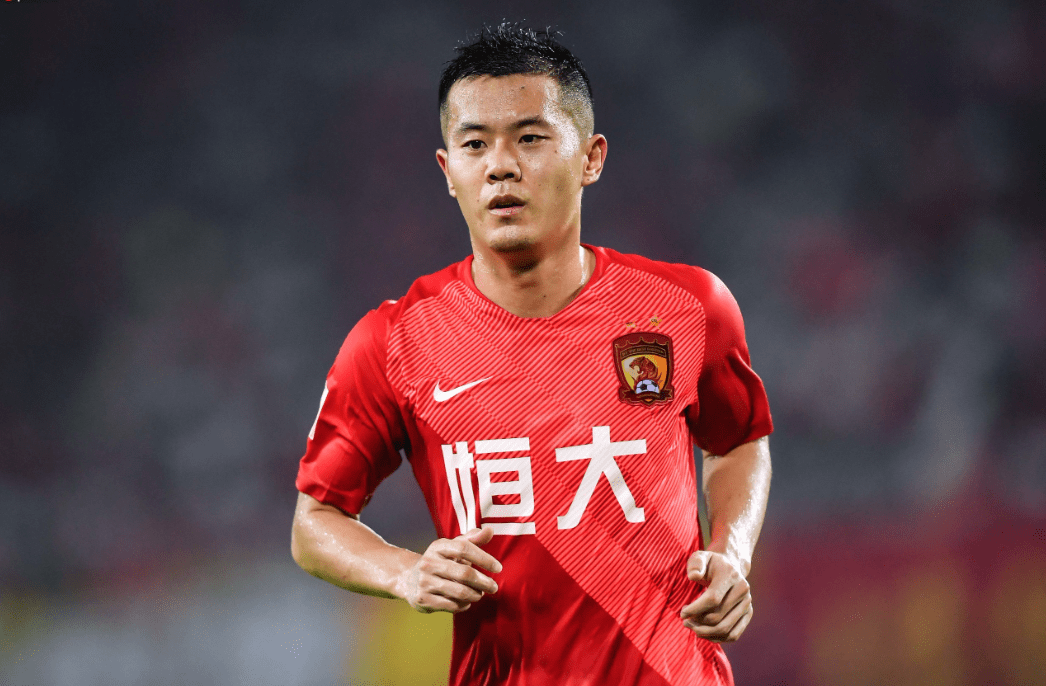
The task that Zheng Zhi and his coaching team must undertake is not to prioritize winning games but to cultivate young players with real potential who can bring glory to the nation. More importantly, they cannot be eager for quick success and must not continue using old methods that only focus on short-term achievements. After all, in the so-called "pyramid structure," if the base is unstable, even the highest peak will come crashing down.
In such a high-pressure work environment, Zheng Zhi has become the warmest fable in the recent football circle due to his ordinary act of "not opening a back door for his son." This matter is neither big nor small. As the head of the coaching staff, he could easily use the excuse of "outstanding ability" to select his son into the team, and how many people at the scene would dare to say "no"?
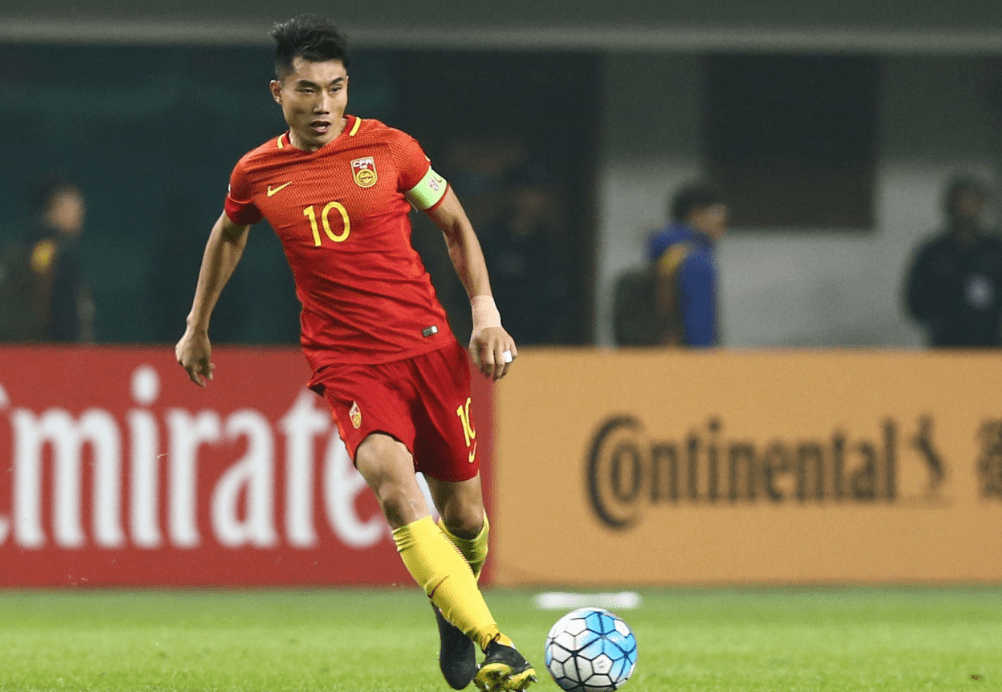
But he said "no." He told his son, "If you really want to play for this team, then rely on your own feet and strength to speak for you."
This professional attitude stands out in an environment where nepotism and unwritten rules often prevail. Some jokingly say, "It's no wonder Zheng is the captain; he sets an example in playing football, being a person, and selecting talent." However, others calmly consider whether such a positive energy case can change the long-standing unwritten rules of our football ecosystem.

This time, Zheng Zhi's actions show us what professionalism is, and his decision has also made the public begin to believe again: perhaps we can really expect a fair, transparent, and professional Chinese football environment. However, occasional clear streams are not enough to change the direction of an entire river.
The opportunities and challenges of Chinese football reforms are still on the road ahead, and coaches like Zheng Zhi are just the starting point; there are still longer tests to come.
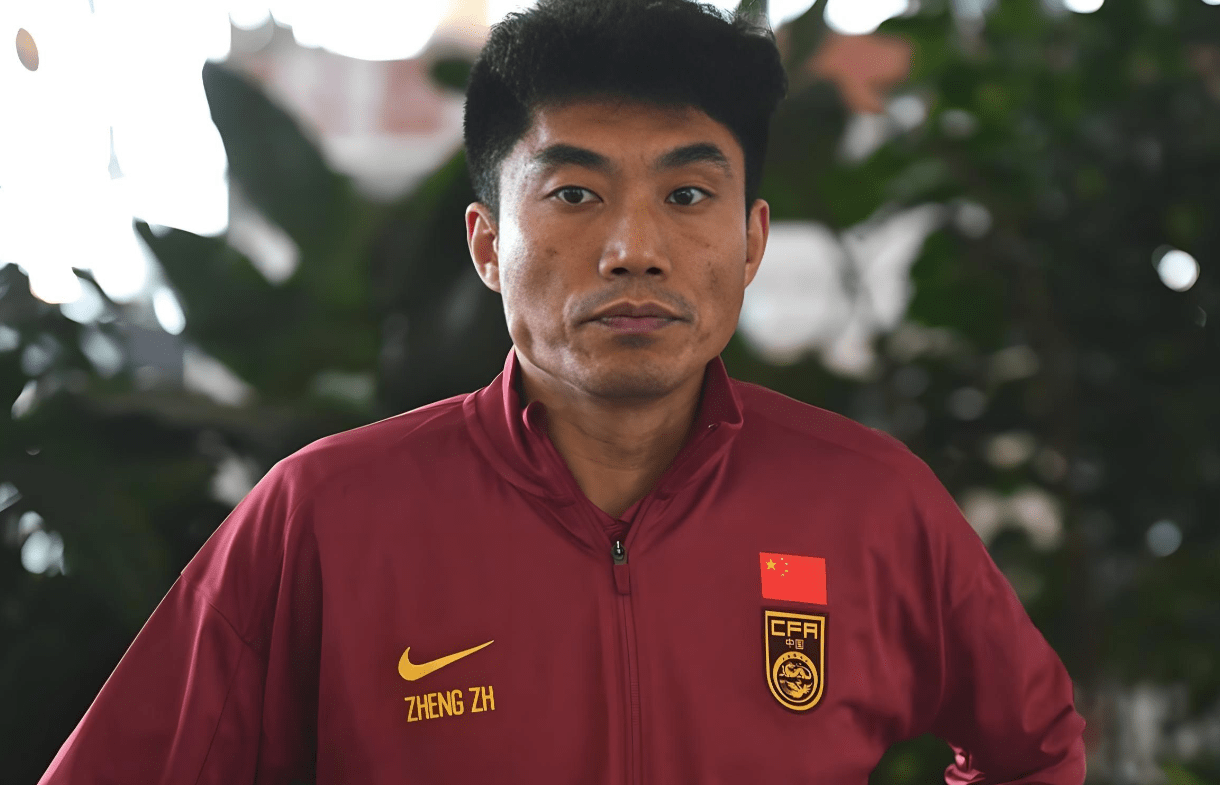
From the U-07 training camp to the national team, what we look forward to is not just "Zheng Zhi's choice," but seeing a brand-new future from the efforts of a generation. And this future is worth more people working together to pursue.
(Disclaimer) The processes and images described in the article all come from the internet. This article aims to promote positive social energy without vulgar or inappropriate content. If there are any copyright or personal infringement issues, please contact us in time, and we will delete the content immediately! If there are any questionable parts of the event, we will delete or make changes immediately after contacting us.